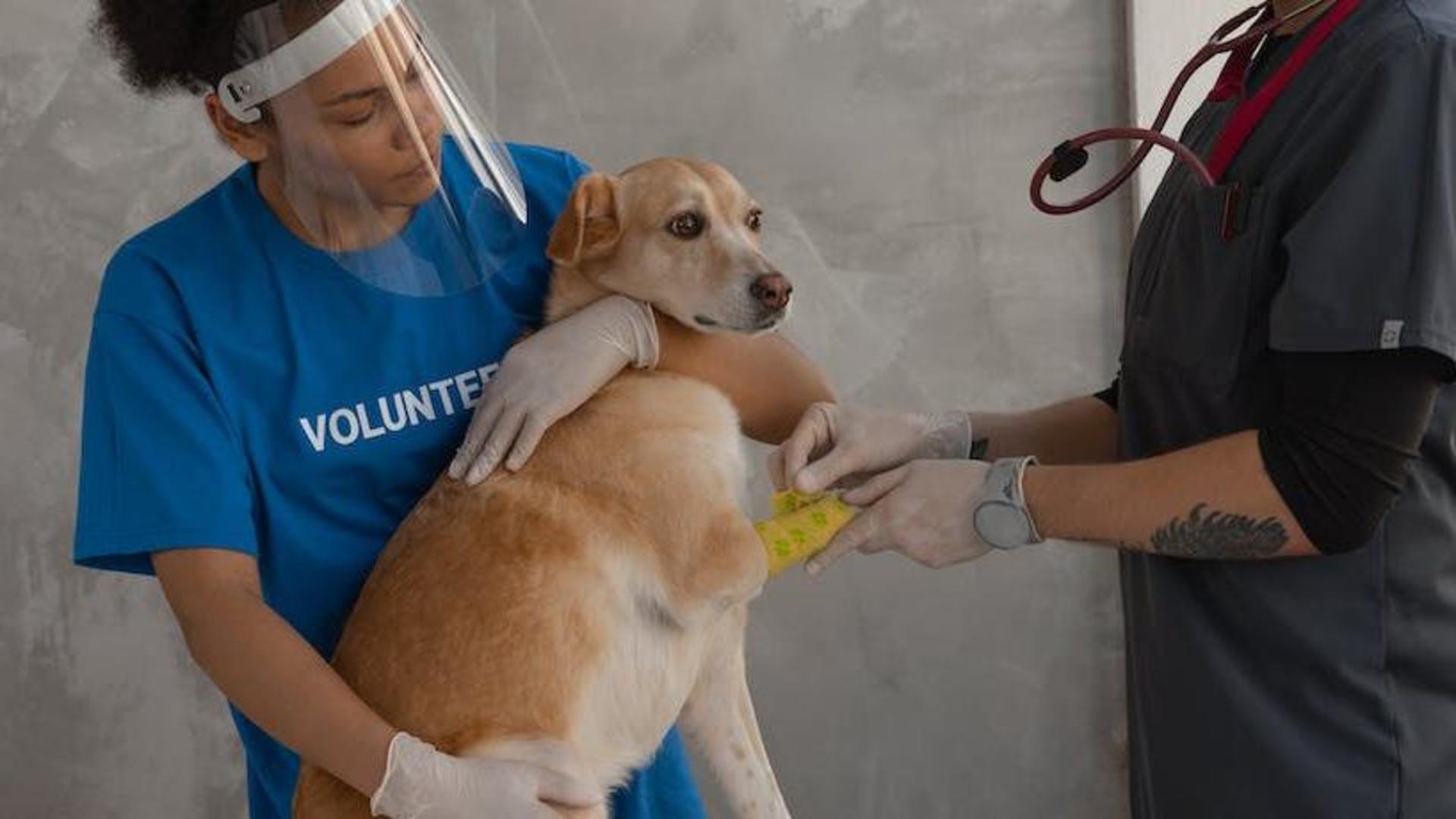
Expert reveals why regular veterinary check-ups for pets are important
What's the story
When it comes to pets, pet parents leave no stone unturned in ensuring their health and well-being. However, sometimes, many of them skip veterinary check-ups of their furballs, leading to sudden grave consequences that can impact their life. Dr. Shantanu Kalambi, chief veterinary officer at Supertails.com, shares the importance of regular veterinary check-ups for pets and how they can keep your furry friends happy.
Point 1
Early detection of health problems
"Regular check-ups allow your veterinarian to detect and address potential health problems before they become serious or life-threatening," says Kalambi. The doctor says that a veterinarian can check your pet's eyes, ears, mouth, skin, heart, lungs, fur, and abdomen through various routine tests which offer important insights into their physical health and highlight underlying conditions, if any.
Point 2
Preventive care
"Routine visits to the veterinarian can help ensure that your pet is up-to-date with vaccinations, deworming, and flea and tick prevention, which can protect them from a range of diseases and parasites that can be fatal in some cases," shares Dr. Kalambi. These also protect pets from a variety of potentially deadly diseases including rabies, distemper, parvovirus, and more.
Point 3
Proper nutrition and exercise
"A veterinarian can provide you with important information on proper nutrition, exercise, and behavioral training that can help keep your pet healthy and happy," enlightens the doctor. "They can also provide you with guidance on the appropriate type and amount of food to feed your pet based on their age, breed, and activity level," he adds. Well, book an appointment for your furball quickly!
Point 4
Behavioral issues
Dr. Kalambi says that some pet owners may not realize that certain behaviors can be indicative of underlying medical issues or stress. "A pet may exhibit destructive chewing behavior due to anxiety or boredom, or urinate in inappropriate places due to an underlying medical condition. A veterinarian can assess the root cause of these behaviors and provide recommendations for addressing them," he states.
Point 5
Preparing for emergency
"Regular check-ups can help ensure that your pet's medical history is up-to-date and that you have a veterinarian who knows your pet and can provide timely care when needed," mentions Dr. Kalambi. "During a regular check-up, they will note any pre-existing medical conditions. This information can be critical in an emergency when every minute counts," he concludes.